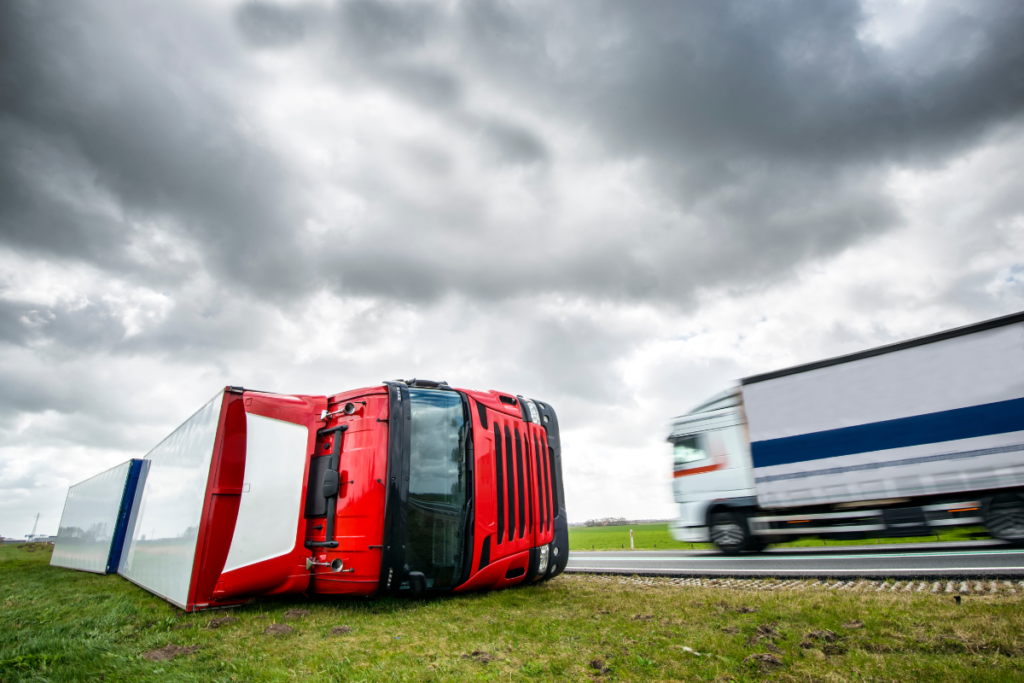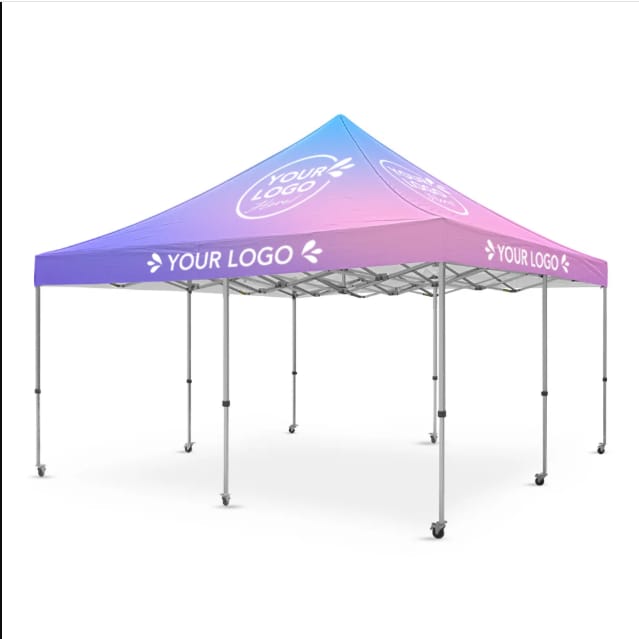
Being a victim of a truck accident in Glendale can be devastating. The cost of living in the city is 148.7% higher than the national average, so imagine the financial suffering of truck accident victims. The only positive is that they can file a claim and secure compensation for their losses with the help of a lawyer.
Determining fault in a truck accident is far more complicated than in a typical car crash. Trucks are massive, and even a minor mistake can lead to catastrophic damage. With multiple parties involved—drivers, trucking companies, and manufacturers—figuring out who is responsible isn’t always straightforward.
The legal process can be overwhelming, especially when insurance companies try to shift blame. That’s where truck accident attorneys in Glendale can help by investigating the crash, analyzing evidence, and identifying the liable parties. Having experienced legal support can make a significant difference in securing fair compensation.
This guide breaks down the key steps in establishing fault, from understanding negligence to gathering the right evidence. Knowing what to look for can help build a strong case and ensure accountability. Ready to learn more? Let’s get started.
Negligence and its Elements
In legal terms, negligence means someone’s carelessness caused harm to another person. To prove negligence, you generally have to show four things:
- Duty: The person had a responsibility to act carefully. For example, a truck driver must follow traffic laws.
- Breach: The person didn’t act carefully and broke that responsibility. A truck driver breaches their duty by speeding.
- Causation: Their careless action directly caused an accident. The speeding truck driver causes a collision.
- Damages: The accident resulted in actual harm, like injuries or property damage. The collision injured the other driver.
So, if a speeding truck driver causes an accident that injures another driver, those four elements might be present. This could establish negligence.
Common Causes of Truck Accidents
Many things can cause a truck accident. Understanding these common causes is important when determining who is at fault. Here are some of the most frequent factors:
- Driver fatigue: Truck drivers often work long hours and meet tight deadlines, which can lead to fatigue. A tired driver is more likely to make mistakes.
- Improper loading: If cargo isn’t loaded correctly, it can shift or fall out, creating a dangerous situation. This can cause the truck to become unstable or lead to debris on the road.
- Mechanical failures: Trucks need regular maintenance. Brake failures, tire blowouts, and other mechanical problems can cause accidents.
- Speeding: Driving too fast is dangerous for any vehicle, especially large trucks. Speeding reduces the driver’s reaction time and increases the severity of a crash.
- Distracted driving: Texting, eating, or even fiddling with the radio can take a driver’s attention off the road. Even a moment of distraction can have serious consequences.
- Driving under the influence: Driving while impaired by alcohol or drugs is illegal and incredibly dangerous.
The FMCSA reports on the number of accidents involving drivers under the influence. It significantly impairs a driver’s judgment and reaction time.
Gathering Evidence
Gathering strong evidence is key to proving fault in a truck accident. Several types of evidence can be crucial:
- Police reports: These reports contain the officer’s account of the accident, including contributing factors and witness information.
- Witness statements: Statements from people who saw the accident can provide valuable insights.
- Accident scene photos and videos: Visual evidence of the crash scene, vehicle damage, and road conditions can be very helpful.
- Truck’s black box data: Many trucks have “black boxes” that record data like speed, braking, and other information. This data can be very useful.
- Driver’s logs and records: Truck drivers must keep logs of their driving hours. These logs can help determine if driver fatigue was a factor.
- Maintenance records: These records show the truck’s maintenance history and can reveal any mechanical problems that may have contributed to the accident.
Role of Experts
Experts play a key role in truck accident cases by analyzing evidence and providing professional insights. Accident reconstructionists recreate the crash to determine how it happened.
Mechanical engineers inspect the truck for equipment failures. Medical professionals assess injuries and their long-term impact. Their testimony can strengthen a claim by explaining complex details in simple terms. With expert analysis, victims can present compelling evidence to establish fault and secure fair compensation.
Comparative Negligence
Comparative negligence means fault can be shared among multiple parties in a truck accident. The truck driver, trucking company or even the other driver may all bear some responsibility. For example, liability may be split if a truck was speeding, but the other driver ran a red light. Compensation is reduced based on the percentage of fault assigned. Understanding this principle is crucial, as it directly impacts the amount a victim can recover.
Write and Win: Participate in Creative writing Contest & International Essay Contest and win fabulous prizes.


